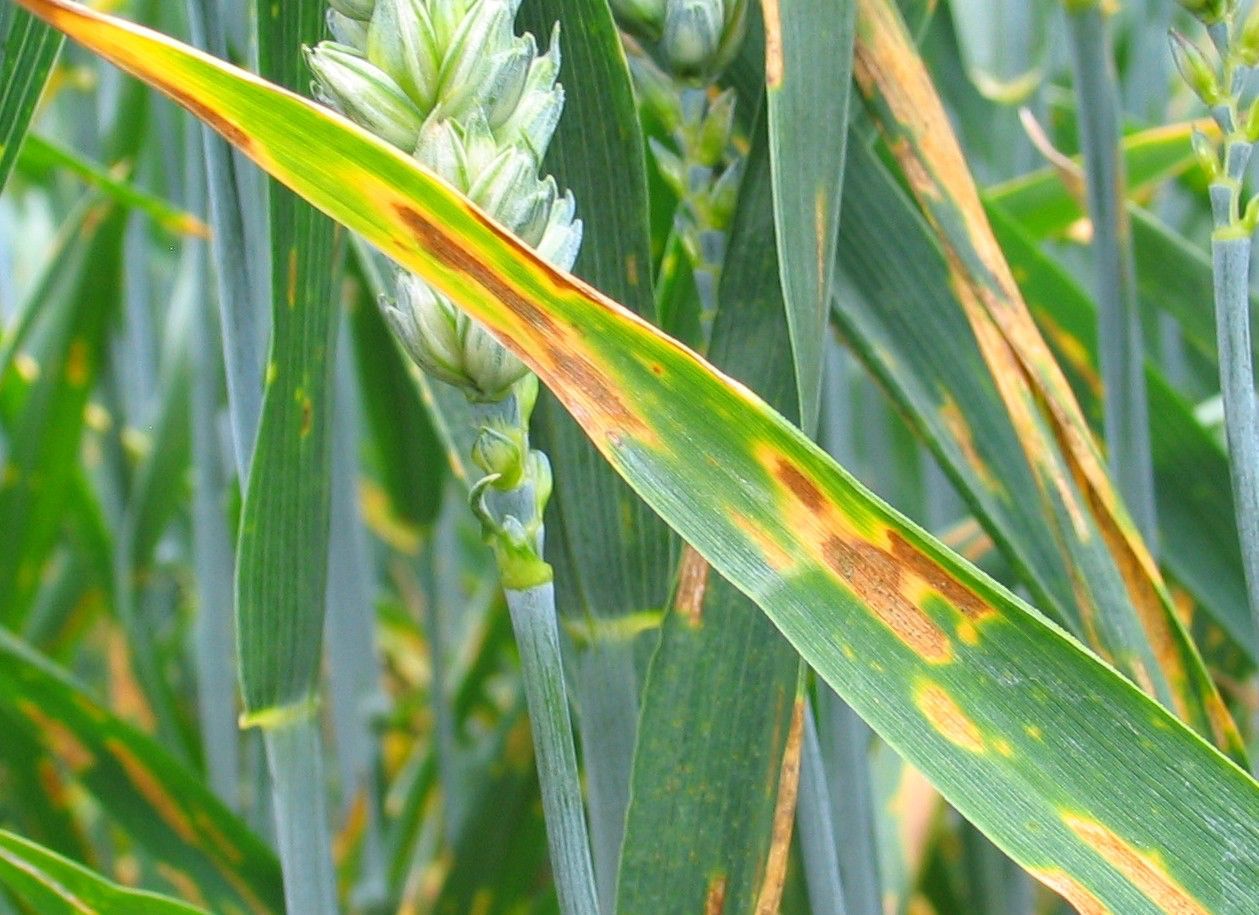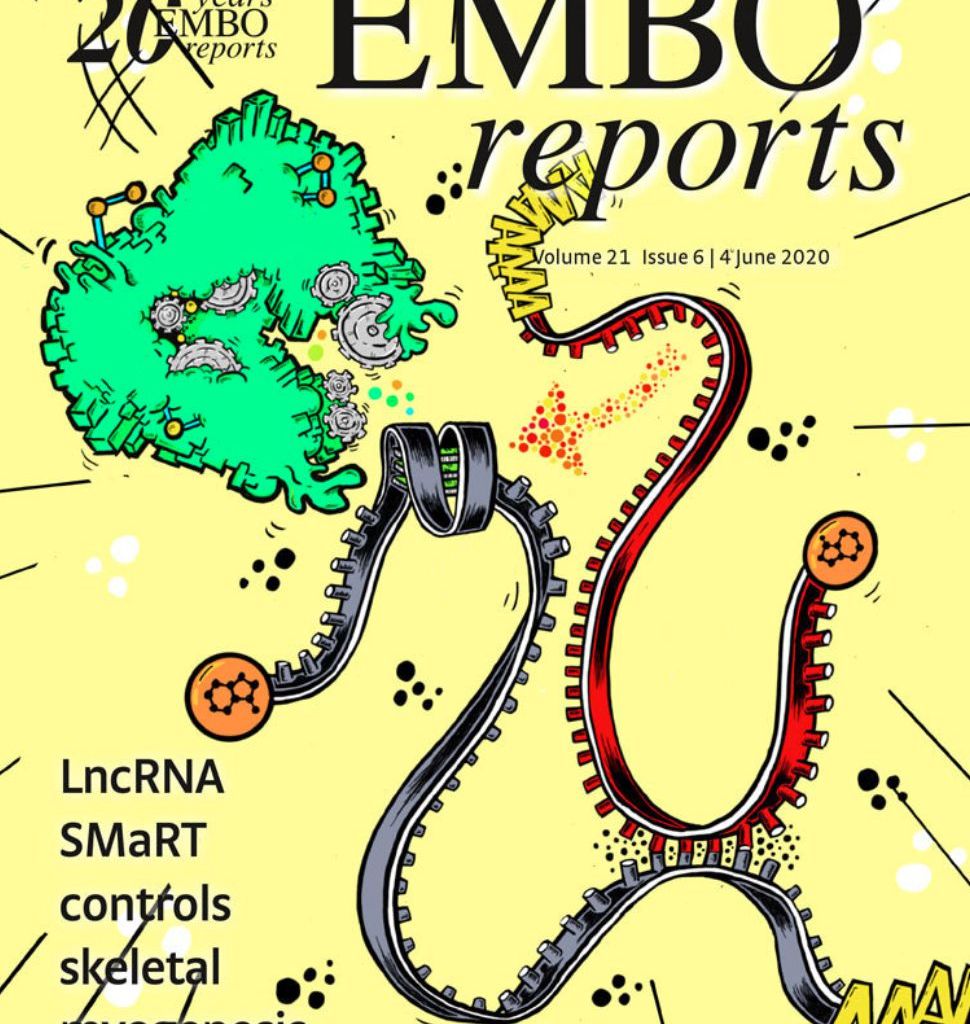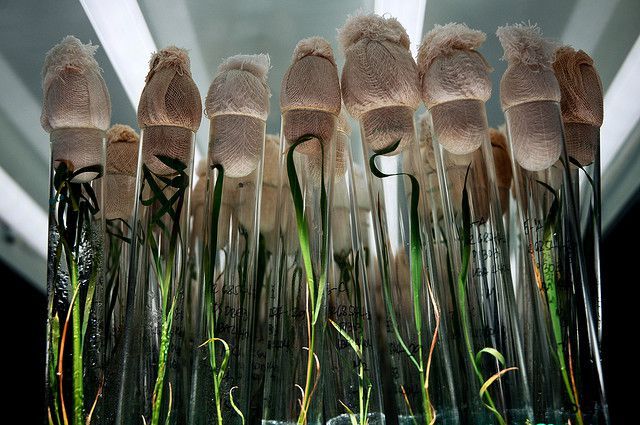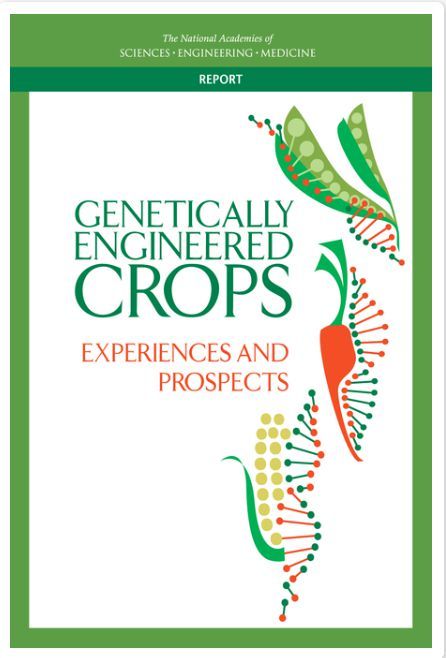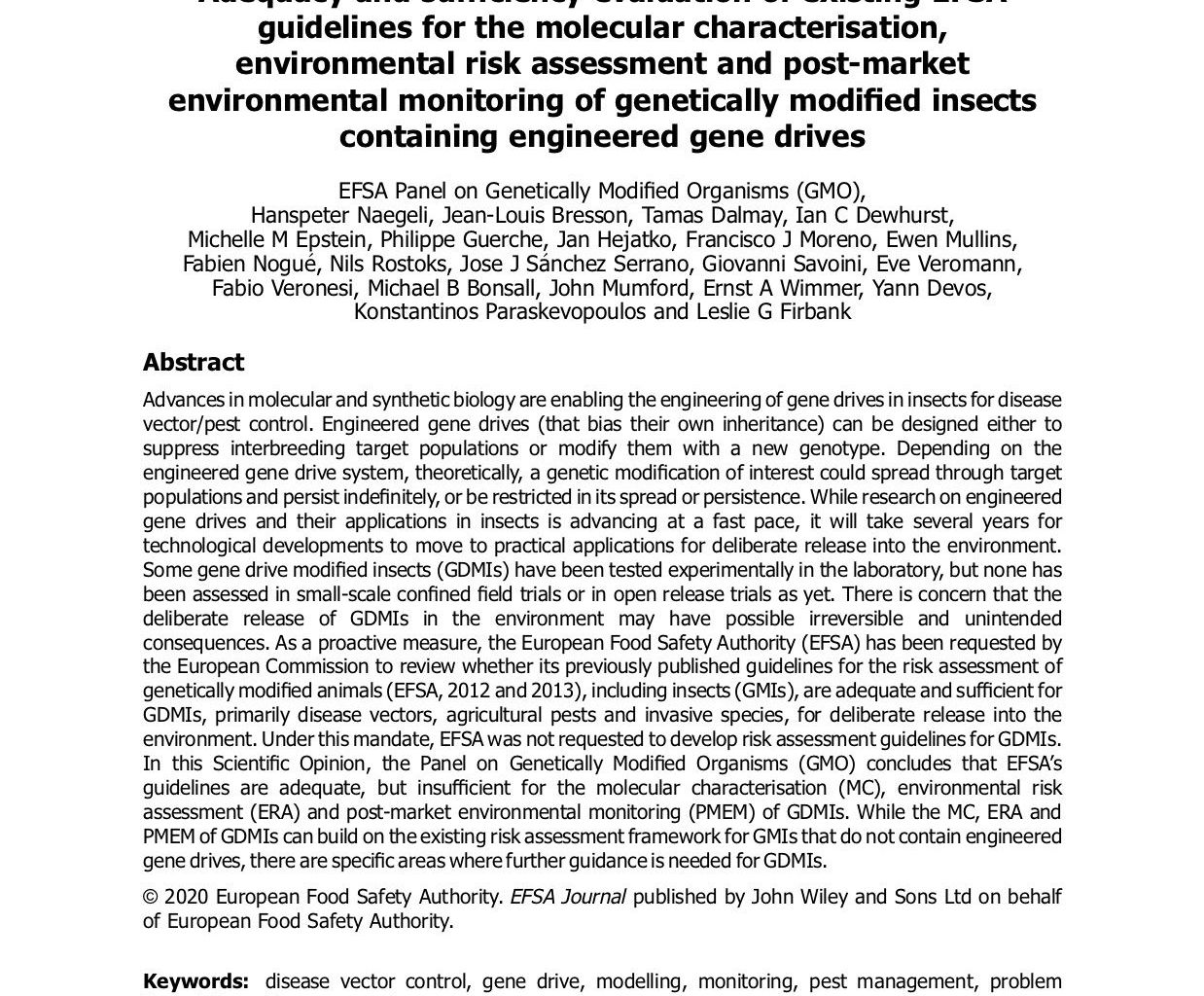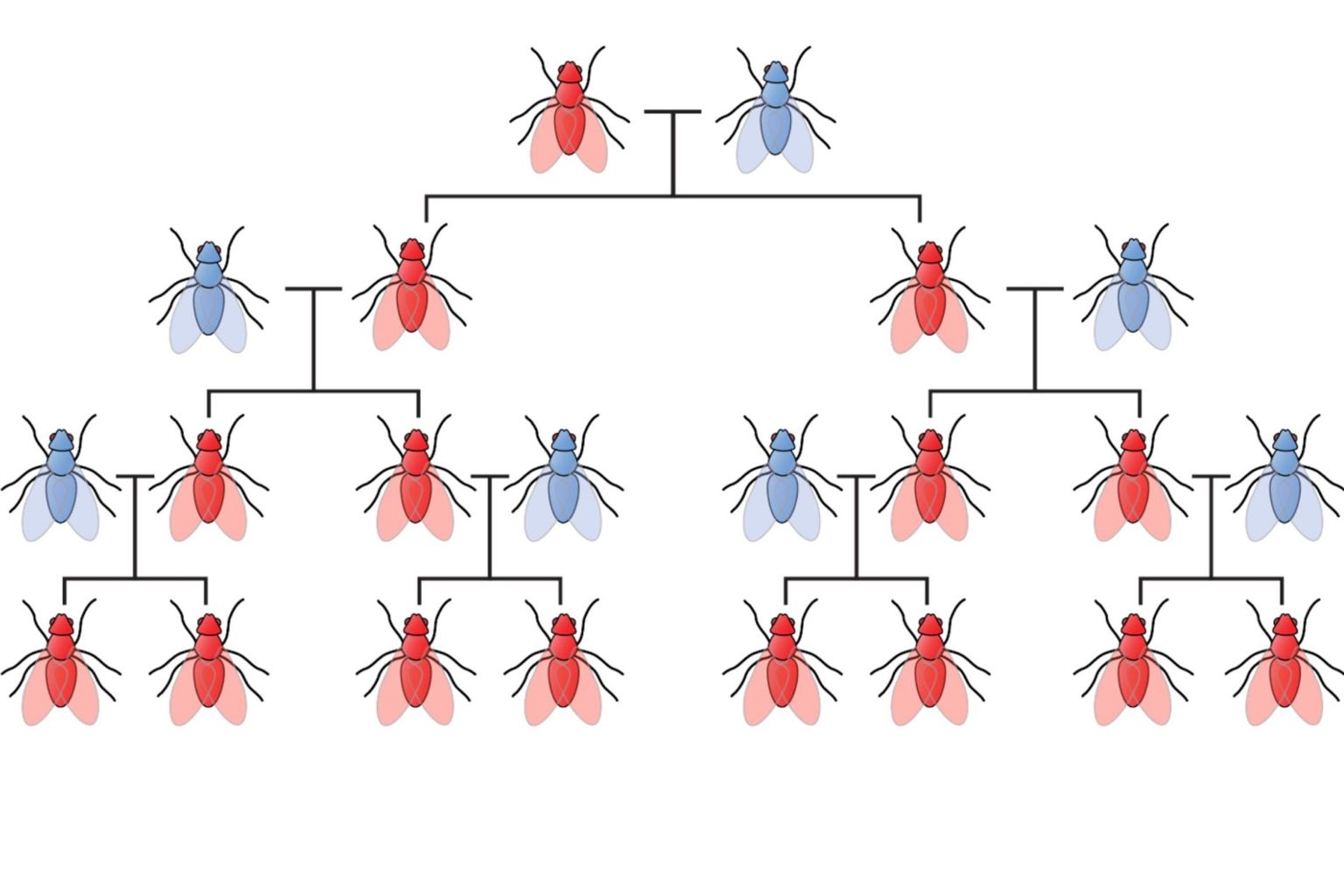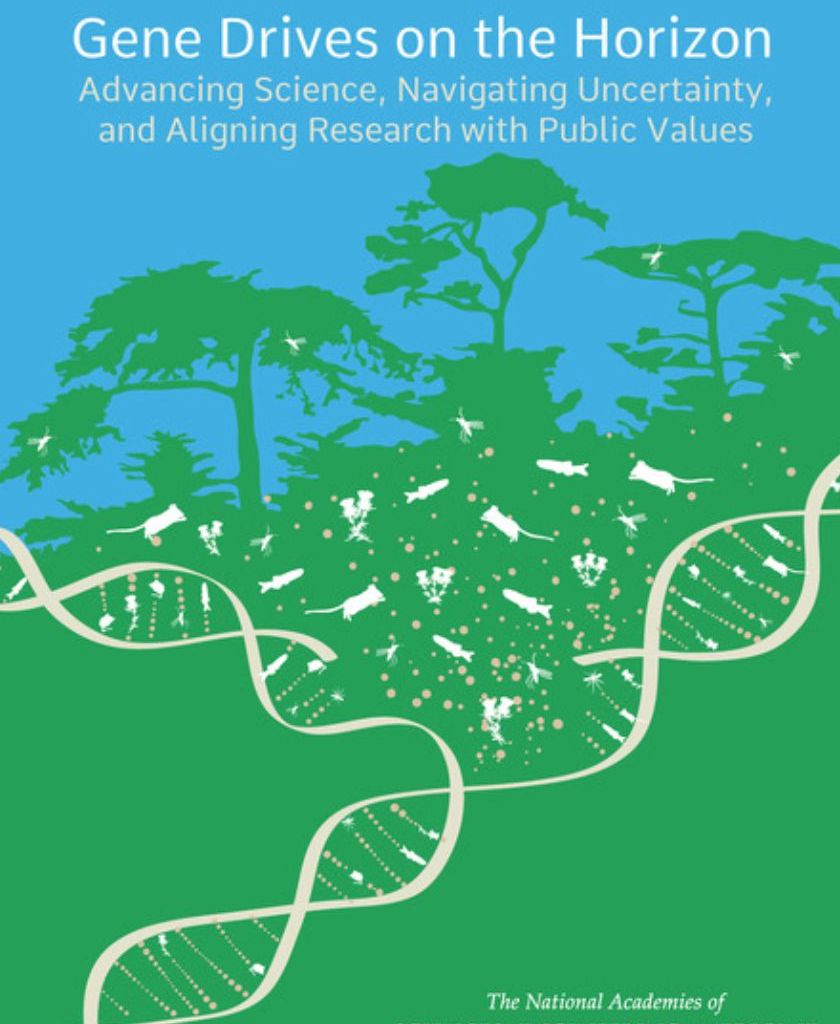White Paper on the Regulation of Genome Editing in Agriculture
This report is the work of the Task Force on Sustainable Agriculture and Innovation which was established by Re-Imagine Europa (RIE) as part of its programme on Narratives, Climate and… the Future. The Task Force consists of more than 70 experts from a wide range of backgrounds and disciplines covering NGOs, academia, CSOs and industry. This report has been prepared in the context of the current discussions on the legislation on genetically
modified organisms (GMOs), which should be more resilient, future-proof and uniformly applied. On the 29th of April, the European Commission published a study on new genomic techniques where the Commission indicated that it will initiate a policy action on plants derived from new genomic techniques (NGTs). Here we present five policy options to be considered in the upcoming debate between the Council, the European Parliament and relevant stakeholders. In an era of climate change and biodiversity loss, the need for innovation in human activity has never been more pressing. The focus of this report is the topic of genome editing as the first innovation, amongst a number, to be considered. The reason for this initial focus is the major
developments in the technology over recent years and the legislative ramifications that these developments entail.
Immagine: Public Domain


